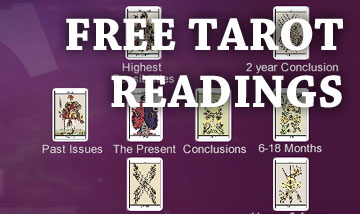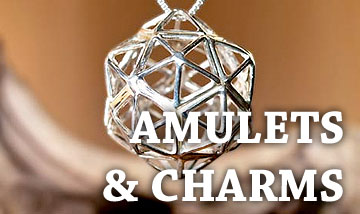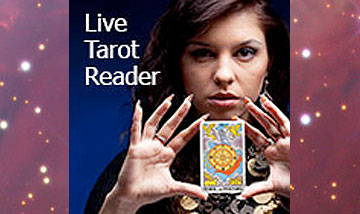Cellular Memory Theory
You may not know much about Cellular Memory Theory, but the chances are you'll have heard of at least one story about it. Cellular Memory Theory is the idea that explains the many cases of organ donor recipients who experience brand new traits, outlooks and urges as soon as they start recovering from their transplant. According to Cellular Memory Theory, our personality traits and the parts of us that make us who we are stored in other areas of our bodies than our brains, and so when donor recipients report having new personality aspects immediately after recovery it could feasibly be the influences of their donors.
It's a simple enough idea, but it's also a divisive one that challenges the way science perceives the human body � and it's proving very tricky to prove beyond doubt. The most common cases of post-transplant personality changes are in those with donor hearts, and one of the biggest clues about the possibility of Cellular Memory Theory is the fact that there are yet to be any reports of changes in those with donor corneas. Could this be because our larger organs can carry behavioural memories but our individual body cells don't? It's a complicated theory, and those who support the theory of cellular memory disagree on whether cells or organs file away our memories and traits.
Our major organs (things like the heart and liver) are home to large numbers of neurons, and one theory is that when the organ is removed it takes 'memories' that can continue to send the same emotional signals to the recipient's limbic system as they would have before their original owner passed away. This would explain the sudden habits and tastes often reported by new recipients. There have been cases of recipients searching for obituaries to learn more about their donors, and then realising just how similar they've become � and as donors are always anonymous this rules out any speculation on the behavioural changes coming from any knowledge of their donors.
Claire Sylvia � the author of 'A Change of Heart' � describes her search for information about her donor after adopting very different personality traits after receiving his heart. She constantly craved chicken nuggets and beer, and found herself drawn to cool colours in her clothing rather than the feminine reds she'd always liked before. She discovered her heart had belonged to a man named Tim, and he'd possessed all of the traits she's taken on. There are hundreds of stories like Claire's, but the theory remains one of the most debated in the medical world and the constant subject of studies keen to prove what the experiences thousands suggest.
 DISCOVER TAROT ON iPHONE, iPAD AND ANDROID.
DISCOVER TAROT ON iPHONE, iPAD AND ANDROID.
Learn Tarot Card Meanings, what they mean when combined in a reading, test your knowledge in the Tarot Quiz and reveal what the future may hold with the Tarot Reading App.





